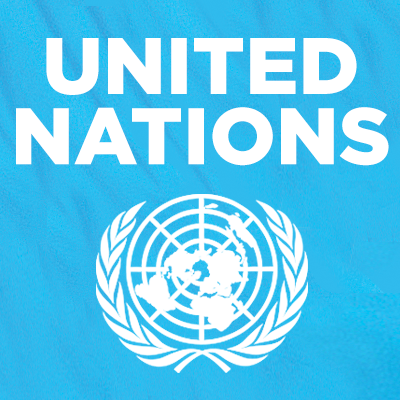The UN General Assembly on Monday in New York elected Amb. Peter Thomson of Fiji as 71st President.
Thomson, who contested alongside Cyprus Minister of Foreign Affairs, Amb. Ioannis Kasoulides, got 94 votes to emerge winner.
Kasoulides polled 90 votes out of a total of 192 votes collated, with seven votes invalid.
Born in Suva, Fiji in 1948, Thomson was educated at Suva Grammar School and Natabua High School.
In 1966-67, he attended the International Centre at Sevenoaks School, UK.
He graduated from Auckland University with B.A. Political Studies in New Zealand, and Cambridge University (Post-Grad Diploma in Development Studies) in the United Kingdom.
Addressing delegates immediately after his election, Thomson said he would be vocal on climate change during his presidency.
He assured that his presidency is “presidency for all.
“By the end of my preisdency we would be accountable to the people on the sustainable Development Goals”.
Made up of all the 193 Member States of the United Nations, the General Assembly provides a forum for multilateral discussion of the full spectrum of international issues covered by the UN Charter.
It meets in regular session intensively from September to December each year, and thereafter as required.
Meanwhile, the News Agency of Nigeria (NAN) reports that the 71st Regular Session of the UN General Assembly will convene at UN Headquarters
on Sept. 13.
The General Assembly presidency rotates annually between five geographic areas.
They are African, Asian, Eastern European, Latin American and Western European States.
NAN reports that unless the General Assembly decides otherwise, members shall elect a president and 21 vice presidents.
The president and the Vice presidents so elected will assume their functions only at the beginning of the session for which they are elected and shall hold office until the close of that session.
According to the rule based directly on a provision of the Charter, Article 21, the 21 vice presidents of the General Assembly shall be elected according to the following pattern.
Six representatives from African States; Five representatives from Asian States; one representative from an eastern European state and three representatives from Latin American States.
Others are two representatives from Western European or other states and five representatives from the permanent members of the Security Council.



Leave a Reply